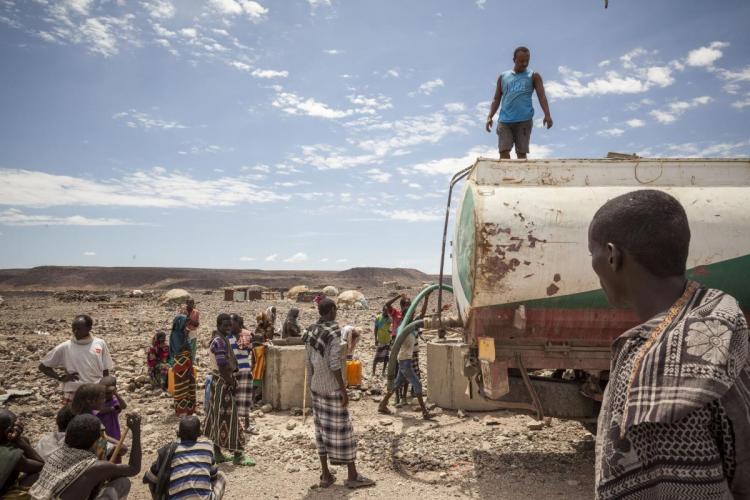The WASH Learning sessions will present real-world cases, evidence and participant experiences in strengthening and changing water, sanitation and hygiene systems.

The WASH Learning sessions will present real-world cases, evidence and participant experiences in strengthening and changing water, sanitation and hygiene systems. They will share successfully scaled solutions, but also unpack failures and challenges in strengthening and changing systems.
Theme 1 - Safely-managed water and sanitation for all: financing and delivering
This thematic area focuses on the strengthening of systems for utility and other forms of professionalised water and sanitation services including examples of what works at city and local levels, and how to build up the national systems that enable utilities and other professional service providers to operate. It also considers the different service delivery models that make universal access a reality and how these are planned.
Theme 2 - Markets and behaviour change: how people invest and driving to scale
This theme will focus on public and private sector roles when it comes to creating an enabling environment for scaling markets and influencing behaviour.
Theme 3 - Water resource management: finding systemic solutions
This theme will focus on managing water as both a source and a sink for pollutants, including those resulting from human excreta or solid waste production. It will also consider how climate change and technological innovation are reframing the challenges but also creating new opportunities for multi-stakeholder water management.
Theme 4 - Governments, politics and systems change
This theme will focus on how governments are rising to the challenge of putting in place the conditions to deliver sustained progress at scale, harnessing and coordinating the power of all WASH actors. It will discuss the threats that undermine progress including deficits in integrity and good governance and how these can be tackled.
Theme 5 - Systems change and collective action
This thematic area will focus on how change is being made in specific places and parts of the WASH system to address the needs of key communities, and how we can rethink or redefine those boundaries. This includes, but is not limited to, WASH in fragile states/humanitarian settings, WASH services in schools, health care facilities and other institutional settings, as well as WASH contexts in specific countries and regions.
Return to the programme overview
These sessions go to the heart of the purpose of ASC23 – to build new allies in wider sectors, understand and explore the interrelationship of water and sanitation with health, climate, economic development, education and social justice.
The Make Change Design sprints will follow an adapted 'design sprint' format, reimagined to find solutions to the most pressing challenges in the water, sanitation, and hygiene sector with the help of allies beyond it.